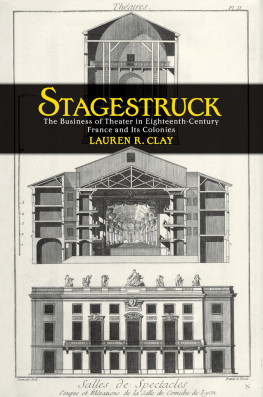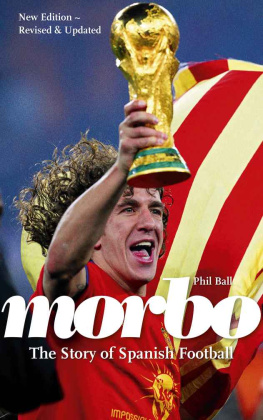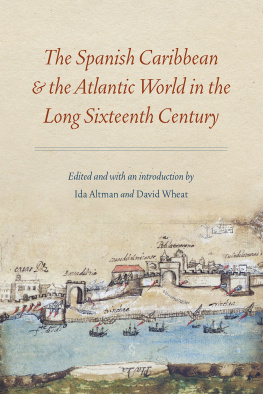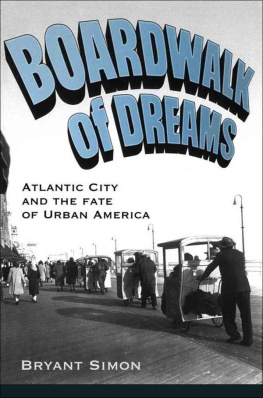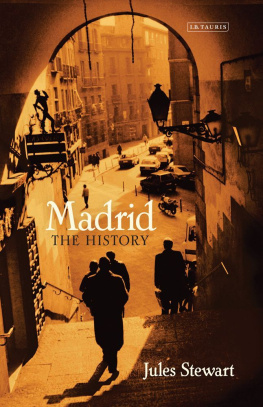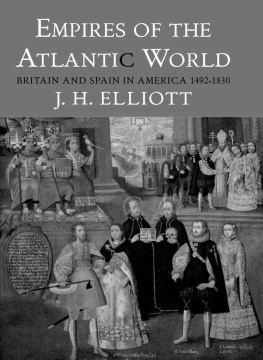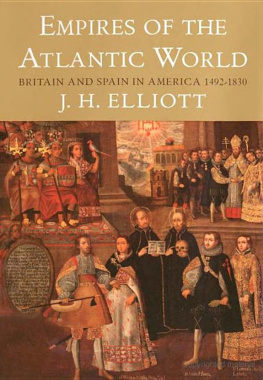Published by Louisiana State University Press
Copyright 2016 by Louisiana State University Press
All rights reserved
Manufactured in the United States of America
First printing
Designer: Barbara Neely Bourgoyne
Typeface: MillerText
Printer and binder: Maple Press (digital)
Map by Mary Lee Eggart
Library of Congress Cataloging-in-Publication Data
Names: Ball, Rachael, 1980author.
Title: Treating the public : charitable theater and civic health in the early modern Atlantic world / Rachael Ball.
Description: Baton Rouge : Louisiana State University Press, [2016] | Includes bibliographical references and index.
Identifiers: LCCN 2016027052| ISBN 978-0-8071-6508-9 (cloth : alk. paper) | ISBN 978-0-8071-6509-6 (pdf) | ISBN 978-0-8071-6510-2 (epub) | ISBN 978-0-8071-6511-9 (mobi)
Subjects: LCSH: English dramaEarly modern and Elizabethan, 15001600History and criticism. | English drama17th centuryHistory and criticism. | TheaterGreat BritainHistory16th century. | TheaterGreat BritainHistory17th century. | Spanish dramaClassical period, 15001700History and criticism. | TheaterSpainHistory16th century. | TheaterSpainHistory17th century. | Latin American drama16th centuryHistory and criticism. | Latin American drama17th centuryHistory and criticism. | TheaterLatin AmericaHistory16th century. | TheaterLatin AmericaHistory17th century. | Theater and society.
Classification: LCC PR651 .B25 2016 | DDC 792.09/031dc23
LC record available at https://lccn.loc.gov/2016027052
The paper in this book meets the guidelines for permanence and durability of the Committee on Production Guidelines for Book Longevity of the Council on Library Resources.

ACKNOWLEDGMENTS
I initially began this project while in graduate school at the Ohio State University. I was lucky enough to be supported by generous colleagues and mentors in the Departments of History, Theater, Spanish and Portuguese, and English. I thank my graduate school colleagues Katy Becker, Jim Bennett, David Dennis, Laura Michele Diener, Gina DiSalvo, John Hunt, Steven Hyland, Cameron Jones, Lizzie Nixon, Andrea Smidt, and Dustin Walcher. For their time, guidance, and generous feedback in the early stages of this project, I owe debts to Kenneth Andrien, John Brooke, David Cressy, Elizabeth Davis, Richard Dutton, Richard Gordon, Donald Larson, Kittiya Lee, Thomas Postlewait, Dale van Kley, and Lisa Voigt.
Im particularly grateful to Geoffrey Parker, who was my dissertation supervisor. Geoffrey has been my mentor, my collaborator on other projects, and my friend. I can never thank him enough for his continued support and kindness.
This book could not have been completed without funding from the Ohio State University Department of History, the US Fulbright Commission, the Spanish Ministry of Culture, and the University of Alaska Anchorage College of Arts and Sciences. During my Fulbright year, I had the good fortune to work with Jim Amelang, whose guidance was invaluable at a crucial time. The friendships that I formed with other Fulbrighters, especially Mayte Green-Mercado and Patrick OBanion, enriched my research and my life. ngel Bernardos, Maria Cruz de Carlos, Jos Luis Manso, Maribel Porras, Carlos Rodriguez, and Javier Varela helped make Madrid my home back then and continue to do so every time I return.
As the project progressed, I racked up a number of debts. This book could not have been completed without the gracious help of a number of librarians and archivists who assisted me during the course of my research on corrales de comedias over the past decade. Special thanks go to the Interlibrary Loan department at UAA and to the many archivists at the Biblioteca Nacional de Espaa, the Archivo de la Villa de Madrid, the Archivo Histrico Nacional de Espaa, the Archivo General de Simancas, the Archivo General de las Indias, the Archivo General de la Nacin de Mxico, the Archivo Histrico del Distrito Federal de Mxico, the Archivo del Ayuntamiento de Puebla, and the Hispanic Society of America.
My colleagues in the History Departments at Kenyon College, Minnesota State UniversityMankato, and finally, the University of Alaska Anchorage supported me with good cheer. Im particularly indebted to Eliza Ablovatski, Jeff Bowman, and Glenn McNair at Kenyon; to Chris Corley, Lori Lahlum, and Matt Loayza at MNSU; and to Elizabeth Dennison, Paul Dunscomb, Songho Ha, Ian Hartman, and Bill Myers at UAA. My write on site compatriots, Heather Adams, Dayna Defeo, Sharon Emmerichs, Kurt Johnson, Zeynep Kilic, Rebeca Maseda, Amanda Murphy, Curtis Murphy, and Jennifer Stone, gently peer-pressured me to write when I felt unmotivated and helped me celebrate milestones. Kelly Shannon and I went through much of the process of writing our book manuscripts together. I am so grateful for her friendship and solidarity. I tested out some of my ideas in the classroom and am obliged to Khafani Amundson, Anthony Davis, Celeste Earley, David Reamer, Jen Ruckle, and Kailyn Vaughan, whose questions and comments pushed me to think about my material in new ways. Heather Caldwell, Annie Dubois, Josh Grabel, Kyle Hampton, Kae Hartman, Solveig Pedersen, Jekka Roder, Eliza Salvo, and Caroline Wilson have helped me to make the forty-ninth state my home.
I presented parts of various chapters of this work at several conferences, and I appreciate the feedback colleagues gave me at these venues. Im also thankful to the editors and anonymous readers at Comedia Performance and The Sixteenth Century Journal. Some colleagues deserve special debts of gratitude for their feedback and support and for reading parts of the manuscript at various stages. In particular, Rayne Allinson, Michelle Armstrong-Partida, Jodi Campbell, Kaja Cook, Anne Cruz, Meg Greer, Ian Hartman, Liz Lehfeldt, Meg Pearson, and Betsy Wright helped make this book a reality. Alisa Plant and then Rand Dotson at LSU Press have worked patiently with me through the process. Gary Von Euers copyediting work in preparing this manuscript for publication has exceeded all expectations. Without them this project would never have come to fruition.
My family has been a great source of comfort and inspiration. My late father Robert Ball, who was an educator and researcher, instilled in me a lifelong desire to learn. My mother Nan Ball is probably the reason that Im an early modernist. I have been buoyed through hard times and able to appreciate the good ones more because of my relationships with Hilary and Toby Winkler, Wally and Gitta Rice, and Jodi Rice and David Kruger. I thank my nieces Norah, Isla, Lily, and Charlotte. Finally, I owe a special debt of gratitude to my husband Mark Rice. With graciousness, good humor, and a sense of adventure, he has followed me across the country in my pursuit of academic employment. Mark has read countless drafts of chapters and constantly cheered me on toward the finish line. I could not have completed this book without him as its champion and as mine. I dedicate this book to him.
TREATING THE PUBLIC



